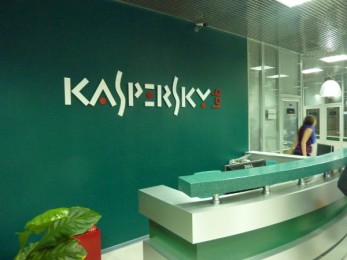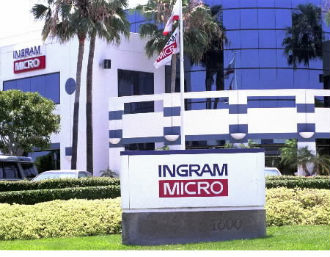 Customers believe that outfits who hold their data are responsible for any data breaches and will not see themselves as responsible in anyway.
Customers believe that outfits who hold their data are responsible for any data breaches and will not see themselves as responsible in anyway.
A new report created by digital security outfit Gemalto said that customers put any responsibility for protecting their personal data firmly at the hands of the organizations holding their data – and not themselves.
Of the 9,000 customers surveyed worldwide, 70 percent of the responsibility for protecting and securing customer data lies with companies and only 30 percent of the responsibility with themselves.
Less than a third of customers believe companies are taking protection of their personal data very seriously. This comes as customers are becoming increasingly fearful of their data being stolen, with 58 percent believing it will happen to them in the future. More than 4.8 billion data records have been exposed since 2013 with identity theft being the leading type of data breach accounting for 64 percent of all data breaches.
Despite becoming more aware of the threats posed to them online, only one in ten believe there are no apps or websites out there that pose the greatest risk to them and consumers are not changing behavior as a result:
• 80 per cent use social media, despite 59 percent believing these networks pose a great risk
• 87 per cent use online or mobile banking, with 34 percent believing they leave them vulnerable to cybercriminals
• Consumers are also more likely to shop online during busy commercial periods such as Black Friday and Christmas (2 percent increase online versus -2 per cent decrease in store), despite 21 percent admitting
the threat of cybercrime increases a lot during these periods
Nearly 60 per cent believe they will be a victim of a breach at some point, and organizations need to be prepared for the loss of business such incidents may cause. Most consumers who currently use the following, say they would stop using a retailer (60 per cent), bank (58 percent) or social media site (56 percent) if it suffered a breach, while 66 per cent say they would be unlikely to do business with an organisation that experienced a breach where their financial and sensitive information was stolen.
The lack of consumer confidence could be due to the lack of strong security measures being implemented by businesses. Within online banking, passwords are still the most common authentication methods – used by 84 per cent for online and 82 per cent for mobile banking, and more advanced transaction security the next highest for both. Solutions like two-factor authentication (43 per cent online and 42 per cent mobile) and data encryption (31 percent online and 27 percent mobile) trail behind.
Similar results can be seen in both the retail space, with only 25 percent of respondents that use online retail accounts claiming two-factor authentication is used on all their apps and websites, and in social media, with only 21 percent using the authentication for all platforms. Only 16 per cent of all respondents admitted to having a complete understanding of what data encryption is and does.
Jason Hart, CTO, Data Protection at Gemalto said that customers have clearly made the decision that they are prepared to take risks when it comes to their security, but should anything go wrong they put the blame with the business.
“The modern-day consumer is all about convenience and they expect businesses to provide this, while also keeping their data safe. With the impending threats of consumers taking legal action against companies, an education process is clearly needed to show consumers the steps they are taking to protect their data. Implementing and educating about advanced protocols like two-factor authentication and encryption solutions, should show consumers that the protection of their personal data is being taken very seriously.”
 It seems that CEOs are finally getting the message that they will have to invest in cyber security.
It seems that CEOs are finally getting the message that they will have to invest in cyber security.


















